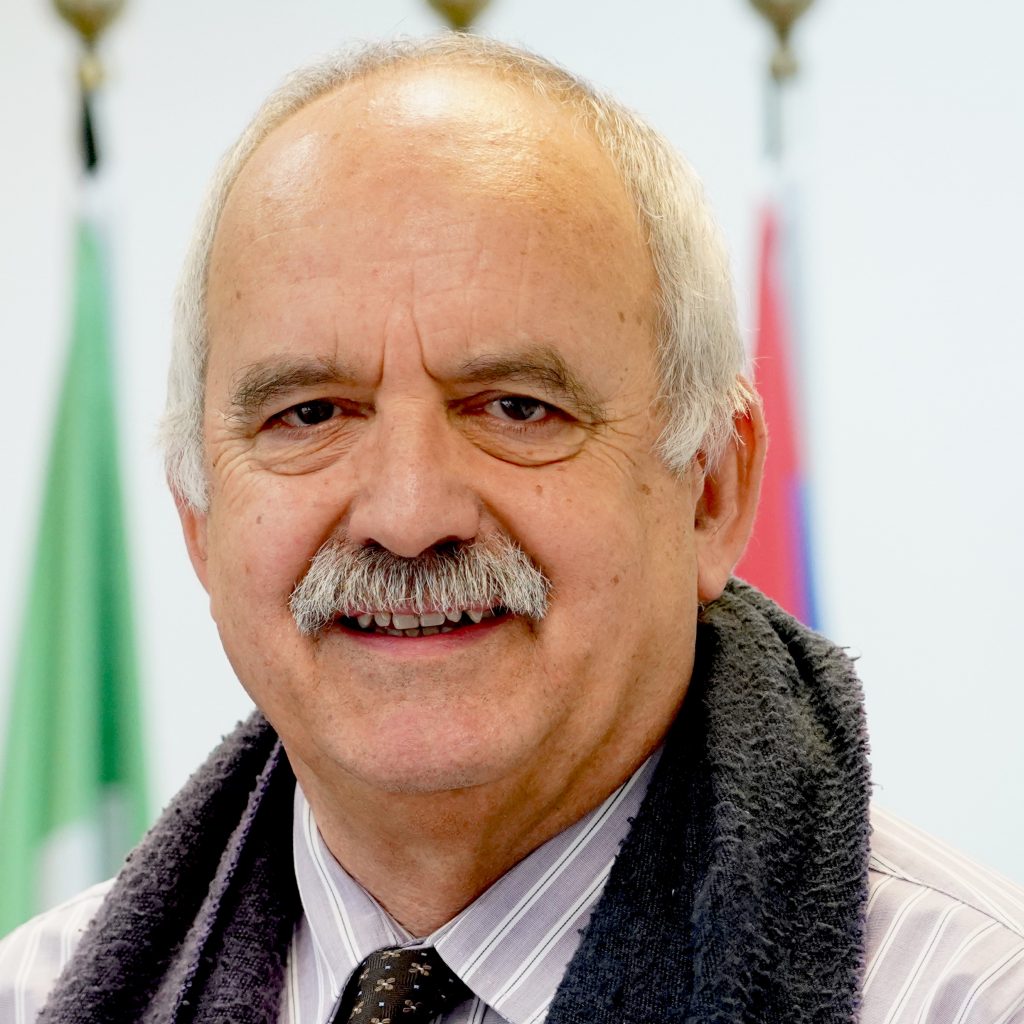As COP28 comes to a close, Jamie Williams, Islamic Relief’s Senior Policy Advisor for Poverty Reduction, sees little cause for celebration.

COP28 closes in Dubai with a decision to transition away from fossil fuels. The recognition that they are the cause of climate breakdown is hardly an achievement. Twenty-nine years to state the obvious is not positive, it is as indication of a very flawed system.
It is a system that has allowed those who profit from fossil fuels to preside over and flood the conference with thousands of delegates, to make sure that the good words are couched in the weakest language.
It is a system that provides cover for financial markets and the international economic system to continue punishing countries which try to follow the pathways to decarbonisation.
It is a system which celebrates ambition and action while allowing the rich and powerful to evade their responsibility to provide resources for the poor and marginalised to join in.
It is a system which encourages false solutions, such as carbon capture and storage, and other fantasies of technical fixes.
It is a system which is lauding fossil gas as a ‘transitional’ fuel through which developing countries can achieve energy equity, meaning for decades they will be profiting gas and oil producers instead of developing renewable energy sources.
Transition from where we are now to where we need to be to protect Earth from further heating is a good thing. Words are all well and good. But transition takes money.
This COP has offered nothing.
The United Nations needs to look at the circus that these COPs have become, and the way that core negotiations have been captured by interests who block fundamental change as a threat to their power and riches.
Humanity deserves more.
Adaptation matters
Islamic Relief has been deep in the negotiations around adaptation. This deals with the issue that is closest to the situation of the communities we serve. Being able to adapt protects lives, property, livelihoods, health, and heritage from the ravages of climate breakdown.
The main item for discussion was a framework for the global goal of reducing vulnerability, strengthening resilience and enhancing people’s capacity to adapt. Here the weakness of the system has been clear to see.
The decision of the COP recognises that without the means of implementing the framework the poorest and most vulnerable will be left behind, but does nothing to ensure that the funds and resources will be available to them.
However, there is a shaft of light to brighten these dark days. COP’s decision on the global goal on adaptation mentions locally-led adaptation for the very first time in a United Nation text. This is a solid achievement of Islamic Relief and its allies’ work on adaptation over the last many years of deliberations.
Now we have a mandate from the highest level. We must continue our work with the poorest and most vulnerable people, including women, children, young people, and those with disabilities.
Guided by our faith, science and the leadership of local actors, we must support them to break the cycle of poverty, debt, and suffering to survive and thrive in the face of climate disaster.
If you would like to help Islamic Relief help and speak up for others in the struggle for human dignity as the climate crisis intensifies, please donate here.










